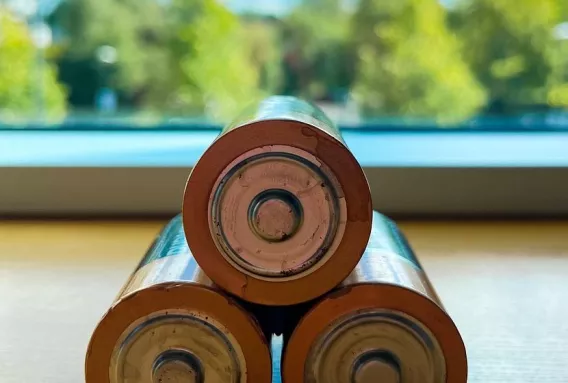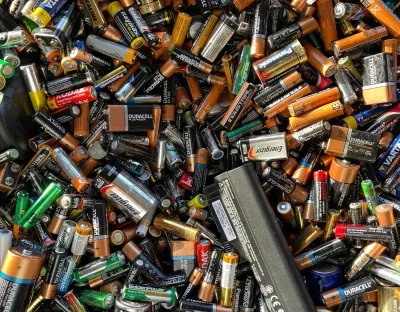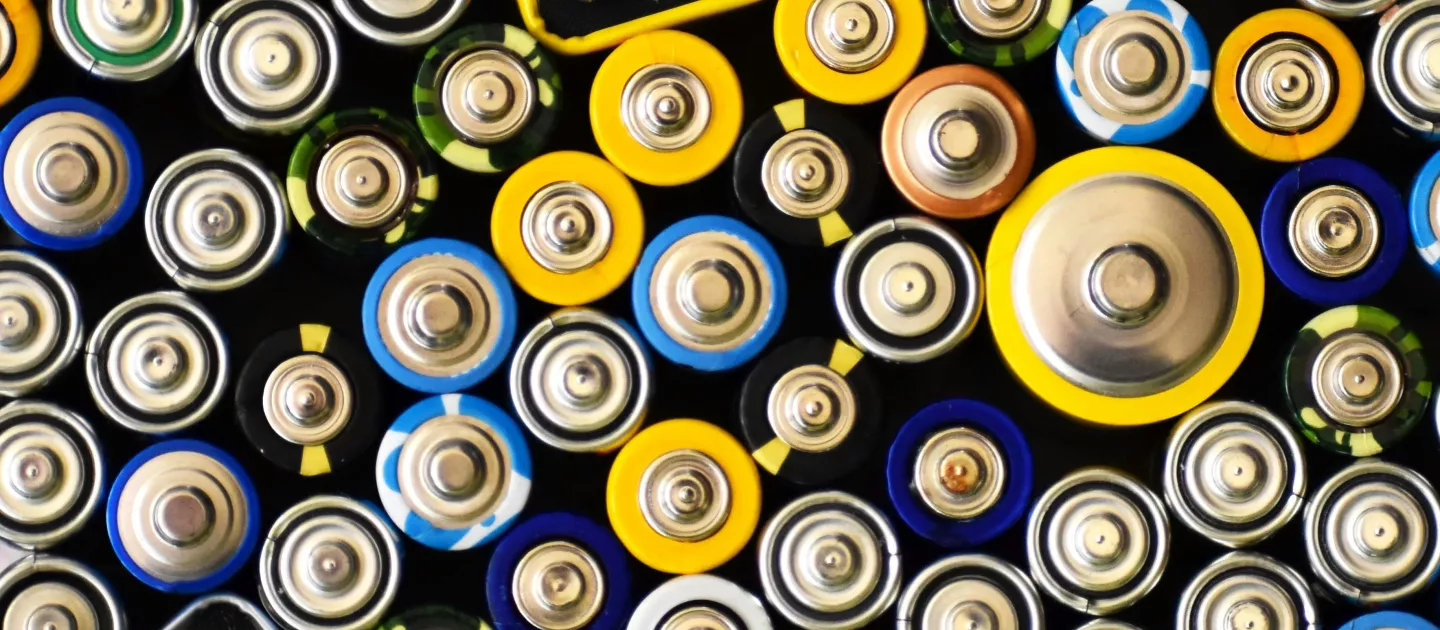
Using advanced robotics for critical raw materials recycling in the circular economy

The availability of Critical Raw Materials (CRMs) needed for renewable energy technologies and electric transport threatens the rate at which we can transition to a carbon neutral society.
The EU has launched an ambitious policy agenda, articulated in the EU Green Deal and Circular Economy Action Plan to develop a circular economy and increase self-sufficiency in a host of vital CRMs, notably materials related to battery manufacture. Meanwhile, the fire hazards associated with the exponential growth of batteries within appliances has created a significant risk to employee welfare, property and the environment in the Waste Electrical and Electronic Equipment (WEEE) recycling sector.
In response to this, the XBat+ project aims to disrupt the current market through two pathways: 1) Develop an automated battery detection, filtering and sorting system for deployment in WEEE recycling facilities and 2) Offer this system through a ‘Technology as a Service’ (TaaS) business model.
XBat+ will use non-destructive detection methods (optical & X-ray imaging, robotics, artificial intelligence and machine learning technologies) to identify and separate items with batteries from the main WEEE waste stream for special processing. This will avoid the inherent fire risk and furthermore, these items will be sorted by battery chemistry to support greater recovery of strategic CRMs, which is necessary to achieve ambitious battery collection and recycling targets proposed by the EU.
This project is funded from the Disruptive Technologies Innovation Fund, Enterprise Ireland.

Latest News
Latest News
